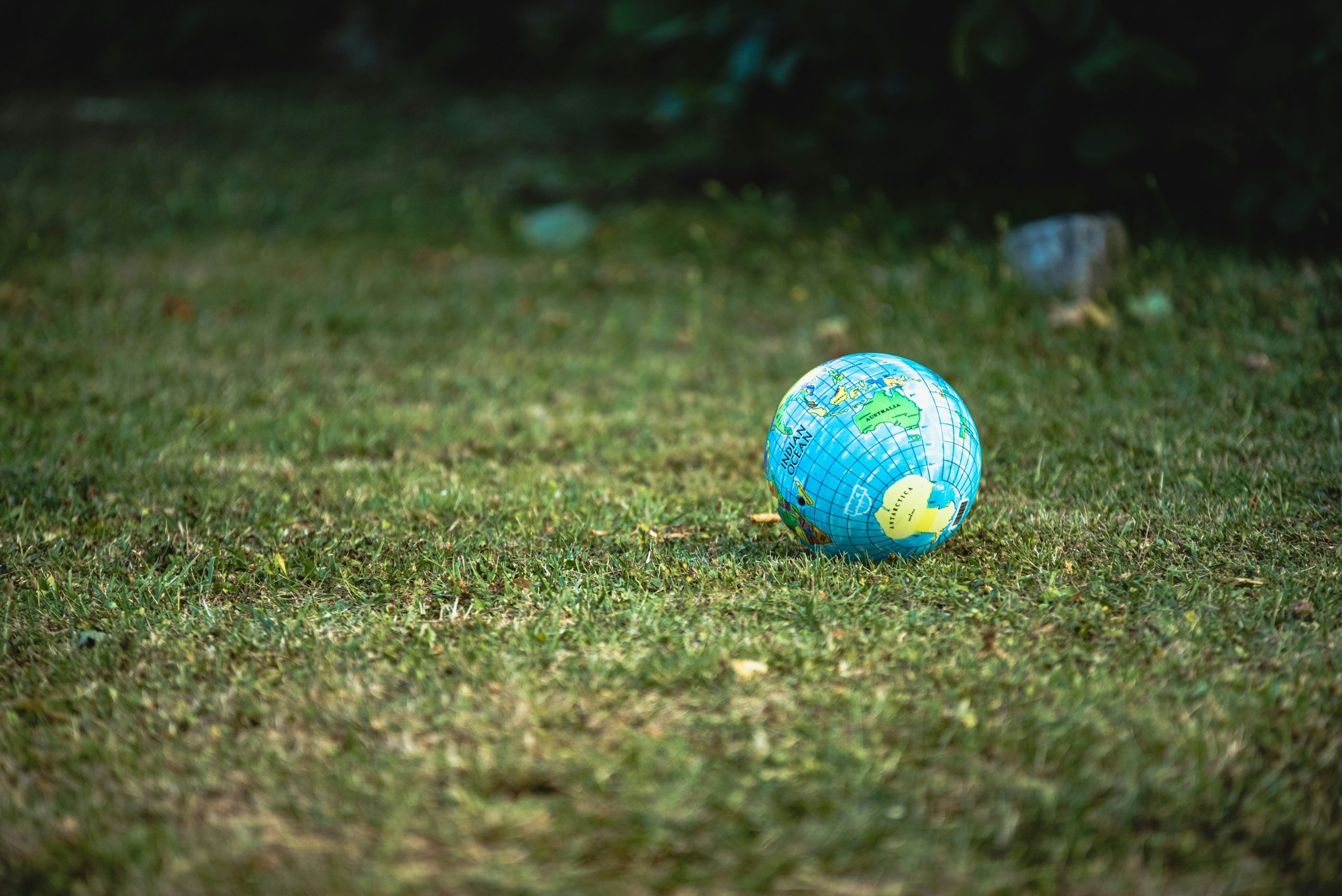
New Zealand: sustainability and resistance
New Zealand’s rank on the Happy Planet Index in 2019: #11. Explore the data.
By: Paul Dalziel
New Zealand jumps 27 places in this latest release of the Happy Planet Index (HPI) to 11th place out of 152 countries. New Zealanders are continuing to live long and happy lives. Their ecological footprint is falling, but is still well beyond the planet’s capacity.
Long and happy lives
The country’s high overall score is supported by the fact that New Zealanders live long and happy lives: life expectancy at birth is now beyond 82 years and self-reported happiness in the Ladder of Life remains consistently high, at around 7.2 on a scale from 0 to 10.
Ecological footprint moving in the right direction
The reason for the large jump in New Zealand’s HPI score in 2019, however, is a sharp fall in its ecological footprint. This was calculated at a dismal 5.15 global hectares per person in 2012. The footprint was reduced below 4.5 in 2016, and continues to fall. It reached 3.87 global hectares per person in 2019.
This is good news, but there is more work to do. The sustainable ecological footprint in 2019 was slightly above 1.5 global hectares per person (meaning that theoretically, if everyone’s footprint was at or below this number in that year, then the planet’s resources would be able to renew themselves sustainably.)
Hence, New Zealand lifestyles in 2019 were still 2.5 times the planet’s bio-capacity.
Sustainability and resistance
There is a huge political debate in New Zealand about fair policies for sustainability. The government introduced its Wellbeing Budget in 2019, for example, which recognised the need to transition to a sustainable economy. A movement of farmers and rural professionals, Groundswell NZ, has recently protested in the streets, saying that regulations intended to improve environmental outcomes are not practical and should be scrapped.
The Happy Planet Index helps frame these local debates in a global context. Although New Zealanders are leading long and happy lives compared to many countries, the country is consuming more than its share of the planet’s natural resources.
Beyond COVID-19
The COVID-19 outbreak has affected just about all people and communities in 2020 and 2021. New Zealand’s relative isolation in the South Pacific meant it was harmed less than most countries. This was helped by a strong public health policy response, Unite against COVID-19.
That experience highlighted the importance of addressing inequities in health outcomes for different communities in New Zealand. It also highlighted large disparities in economic wellbeing among households. These inequities had profound implications for resilience and wellbeing in the crisis.
The challenge beyond COVID-19 is to design better policies for supporting an inclusive and sustainable Wellbeing Economy that meets human and ecological needs.
The Happy Planet Index will measure our success.
About the author
Paul Dalziel is Professor of Economics at Lincoln University, New Zealand, and Deputy Director of its Agribusiness and Economics Research Unit.
He is the lead author of Wellbeing Economics: The capabilities approach to prosperity, published with an Open Access licence by Palgrave Macmillan in 2018. Learn more about Paul’s on his website.
How sustainably happy are you?
We've built a personal Happy Planet Index test to help you reflect on how you can create your own "good life that doesn't cost the earth".
Take the test





